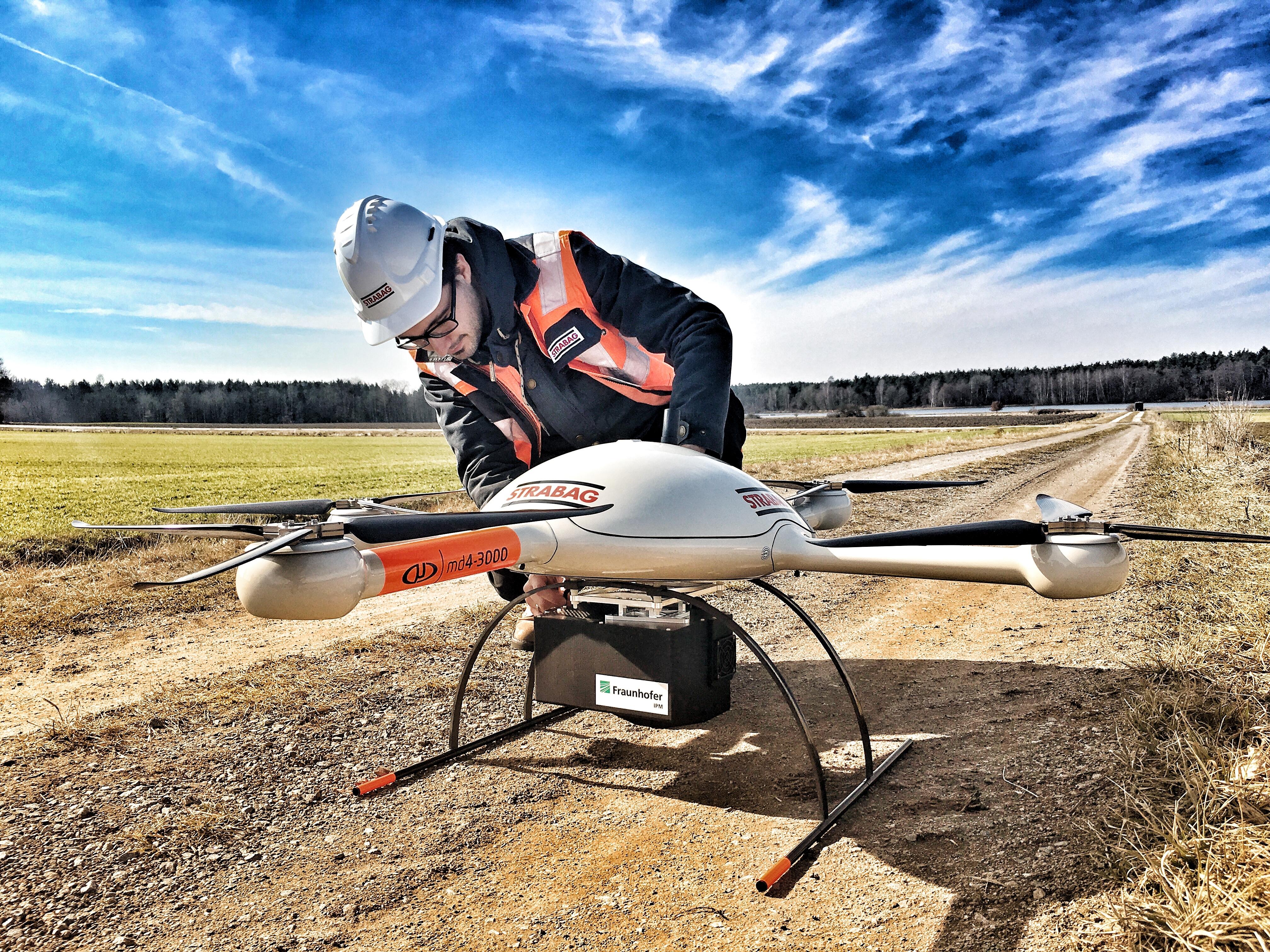Sky's the Limit: Just how Drone Surveying will be Transforming Construction

In recent yrs, the construction market has witnessed an amazing transformation, driven mainly by advancements inside technology. One associated with the most ground-breaking innovations reshaping this kind of field is drone surveying. As projects grow increasingly intricate and the requirement for accuracy in addition to efficiency skyrockets, drones have emerged as a critical instrument that not only enhances the surveying method but in addition streamlines several facets of construction administration. By harnessing the power of aerial data collection, pros are now capable to approach tasks with a level of precision plus insight that has been as soon as unimaginable.
The benefits involving using drones intended for surveying are substantial, covering everything through time and cost savings to improved protection and environmental things to consider. As firms continually seek innovative techniques to thrive in a new competitive landscape, drone technology is indicating to become game corriger, offering a thorough overview of job sites in real time. Once we delve deeper into how drone surveying is definitely revolutionizing the construction sector, it is essential to explore typically the myriad applications and even advantages that come with integrating this cutting-edge technologies into current apply, paving how for a more efficient and sustainable potential future.
Positive aspects of Drone Surveying
Drone surveying offers substantial advantages over conventional surveying methods, mostly through enhanced precision and efficiency. By simply utilizing high-resolution images and advanced sensors, drones can record detailed data above large areas in the fraction of the particular time it would have conventional methods. This particular improved precision decreases the risk of errors and outdated information, ensuring that will construction projects will be based on typically the most reliable files available.
Cost savings happen to be another compelling benefit for drone surveying. Using reduced labor costs and faster task completion times, organizations can allocate sources more efficiently. Drones can continuously monitor ongoing projects, permitting for timely modifications and more well informed decision-making. This ability can lead in order to significant reductions on overall project costs, making it the financially attractive strategy to construction firms.
Lastly, drone surveying enhances security on construction sites. By using drones for tasks that will would typically open workers to dangerous environments, companies can easily significantly reduce the chance of accidents and even injuries. Drones can easily access hard-to-reach areas and gather important data without putting personnel in threat, ultimately fostering the safer working environment and promoting the culture of protection in the building industry.
Applications in Construction and Agriculture
Drones are responsible for significant contributions towards the construction industry, transforming how projects are usually planned, executed, and monitored. They aid site surveys, recording high-resolution images offering accurate topographical information. This enhances preparing accuracy, reduces task delays, and enables better decision-making. Drone technology enables swift assessments of on-going work, ensuring of which construction teams may stick to schedule and within budget by simply identifying issues early in the process.
In agriculture, drone surveying is revolutionising how farmers monitor crops and deal with resources. By using drones pre-loaded with multispectral sensors, farmers gain valuable insights straight into crop into the soil conditions. This data helps optimize irrigation and fertilization, leading to improved produces and reduced resource waste. Additionally, drones can cover huge areas in a cheaper time it would certainly take with traditional procedures, allowing farmers in order to respond promptly to potential problems in addition to better manage their very own land effectively.

Both industries benefit from the efficiency and accurate that drones offer you. In http://www.houtenspeelgoedwereld.nl/members/topographic-survey189/activity/206295/ , the ability to execute aerial inspections and site assessments means into significant time savings and decreased labor costs. In the mean time, in agriculture, typically the real-time data series helps farmers conform their practices based upon accurate insights, finally leading to even more sustainable farming strategies. As these applications carry on to expand, typically the integration of drone technology in building and agriculture is poised to revolutionise operational methodologies produce new avenues for growth and innovation.
Foreseeable future Trends and Concerns
Because drone surveying technological innovation continues to evolve, we can anticipate considerable advancements in regions such as automation in addition to artificial intelligence. read this post here of developments will most likely streamline the surveying process, allowing drones to conduct independent flights, capture files, and generate workable insights with nominal human intervention. This particular automation will not only enhance efficiency but also lessen the margins intended for error, making this necessary for the design industry to embrace these innovations.
Another important trend may be the integration of drone data with other technologies, such as Constructing Information Modeling (BIM) and Geographic Data Systems (GIS). By combining drone surveying data with these types of systems, construction teams can achieve a much more holistic view involving projects, leading in order to better planning, even more accurate real-time improvements, and enhanced cooperation among stakeholders. This synergy will even more elevate the high quality and even reliability of surveys, allowing for more informed decision-making through the entire construction lifecycle.
Lastly, since regulatory frameworks advance, we will see a growing emphasis on training and qualification for drone providers to ensure protection and compliance. This may foster a a lot more professional environment all-around drone surveying, pushing more organizations to adopt this technologies. As the industry matures, an emphasis on ethical information usage and privacy considerations will also come to the particular forefront, requiring structure companies to get around these complexities successfully while leveraging the advantages of drone surveying.
